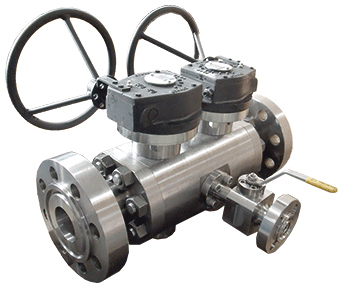24/7 Phone Services
24/7 Phone Services
Visit Our Place
A type of diffusers are pivotal components employed to manage the flow of fluids, be it air, water, or gases, within various systems. These devices are akin to conductors orchestrating the movement of fluid streams to ensure optimal performance and efficiency.
In applications like turbo machinery or exhaust systems, diffusers play a critical role in optimizing performance. By carefully decelerating the fluid flow, they reduce energy losses associated with turbulence and pressure differentials, thereby enhancing the efficiency of the entire system.
The typical diffuser is a device designed to slow down the velocity of a fluid, such as air or water, and increase its static pressure. This process is achieved by expanding the cross-sectional area of the flow path, which allows the fluid to decelerate and diffuse in a controlled manner. Diffusers find widespread use across various engineering applications due to their ability to manage fluid flow efficiently and effectively.

Besides being compact and using up less space, Diffuser valves offer the following advantages:
A few disadvantages of Diffuser valves are: